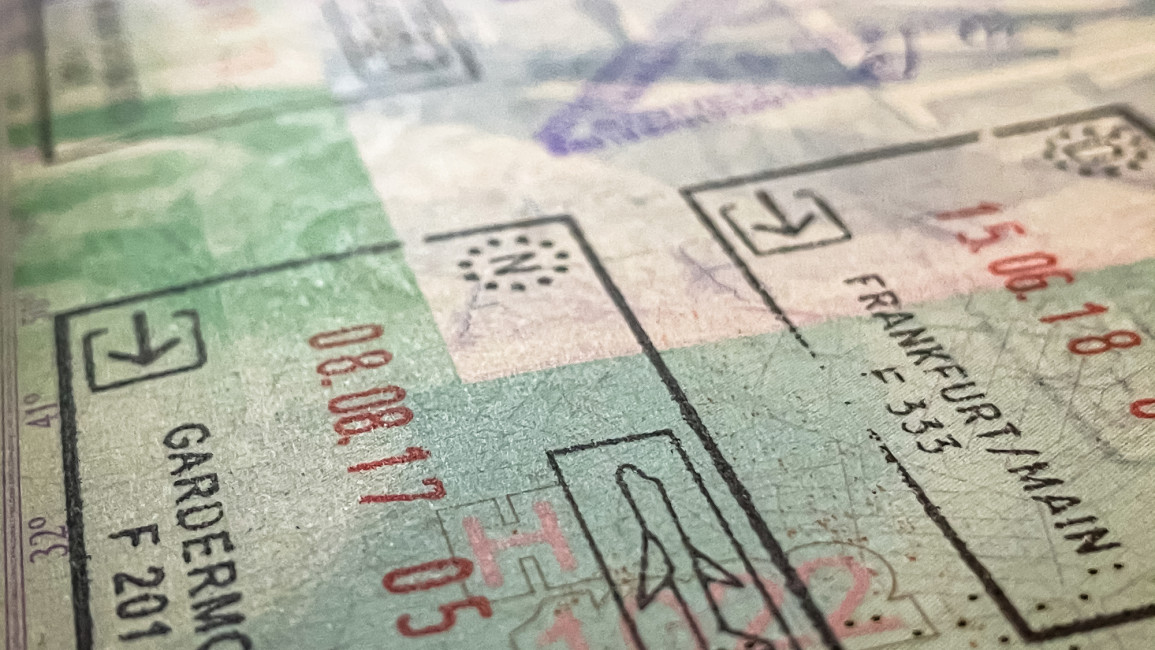Morocco to launch e-visa system amid tourism revival efforts
Morocco will launch an online portal for e-visas available for citizens from 49 countries on Sunday, according to The New Arab’s sister site, Al-Araby Al-Jadeed.
The portal, called 'Acces Maroc', will be used to facilitate the issuing of electronic visas for foreign tourists, allowing them to stay in Morocco for up to 30 days in one go.
The visa will also be valid for a period of 180 days after it has been issued.
The website will also permit would-be visitors to obtain "express" visas as soon as 24 hours prior to entering the North African country, however, the standard waiting time would be 72 hours prior.
The Ministry of Foreign Affairs, African Cooperation and Moroccans Residing Abroad said on Friday that the new procedure was adopted in a bid "to improve, simplify and modernise consular services".
The move will also serve as an alternative to physically obtaining visas from an embassy or a consulate.
Meanwhile, the ministry said that the issuance of visas will be divided into three categories.
Foreign residents from the US, UK, European Union, Japan, Australia among others can benefit from a 180-day stay when obtaining the visa.
Meanwhile, foreigners with a Schengen visa can obtain visas for a period of 90 days.
A third category, reserved for the likes of Thai and Israeli citizens, can have similar benefits upon visa obtention. Israeli tourists can travel to Morocco in larger numbers, following a lifting of a "travel warning" after the two countries established diplomatic ties brokered by the controversial Abraham Accords.
Normalisation between Rabat and Tel Aviv drew widespread condemnation from Palestinians, who say that the move rewards Israel as it continues to occupy the West Bank and besiege the Gaza strip.
The move comes as Morocco, and other Arab nations, attempt to bolster the tourism sector in the wake of the Covid-19 pandemic, which put a halt to foreign tourists visiting the country due to numerous travel bans set in place to combat the spreading of the disease.
In 2019, Morocco hosted 13 million foreign visitors, but the number in 2021 dropped significantly to 4 million in the country where tourism is directly responsible for tens of thousands of jobs and billions contributed to the economy.
In May, Morocco dropped all requirements for foreign visitors to present a negative PCR test upon entry into the kingdom, a move which was designed to attract more tourists.
The country also re-opened its air space on 7 February this year, following a months-long closure set in place to curb the spread of the Omicron variant.



